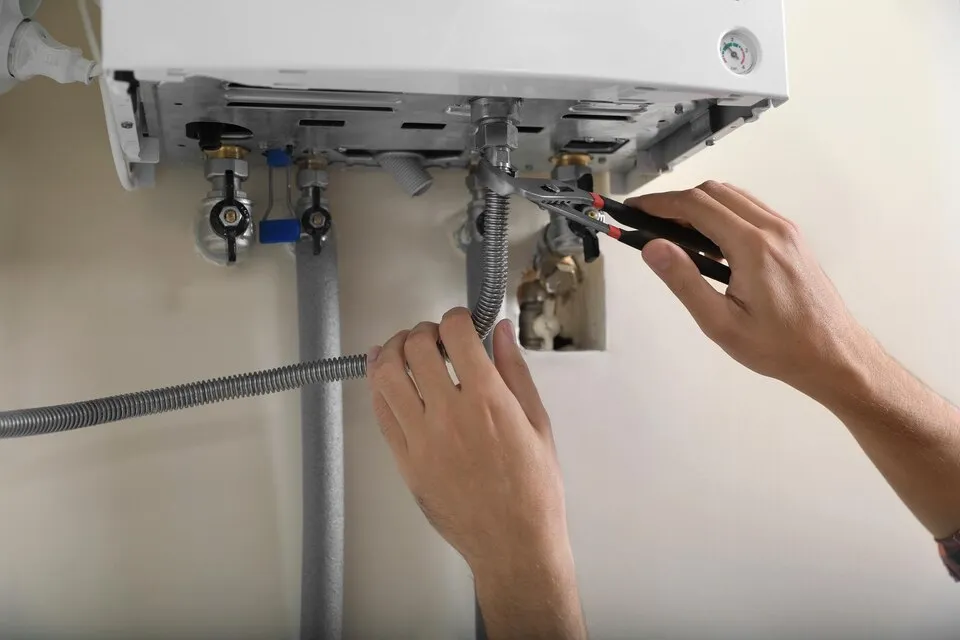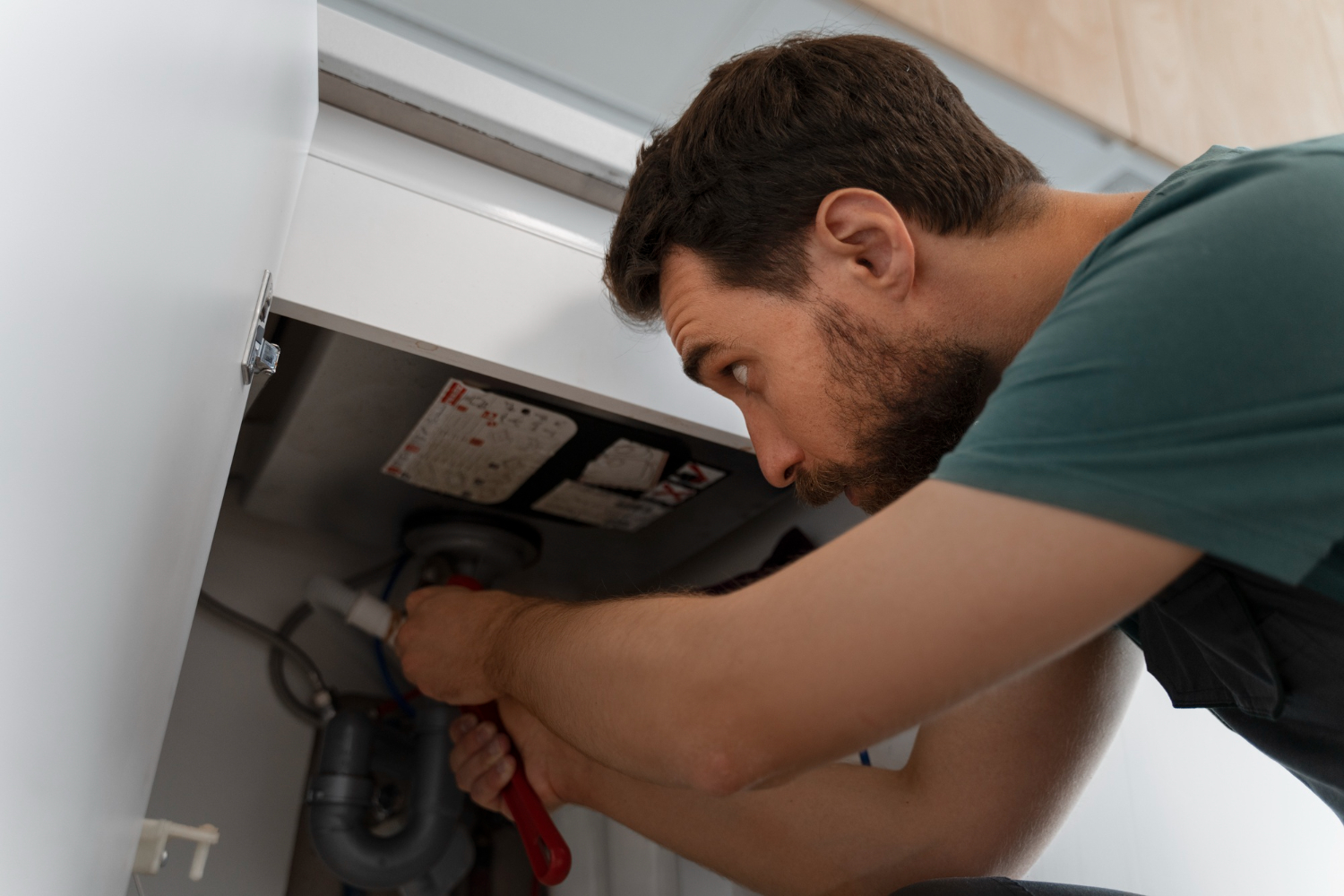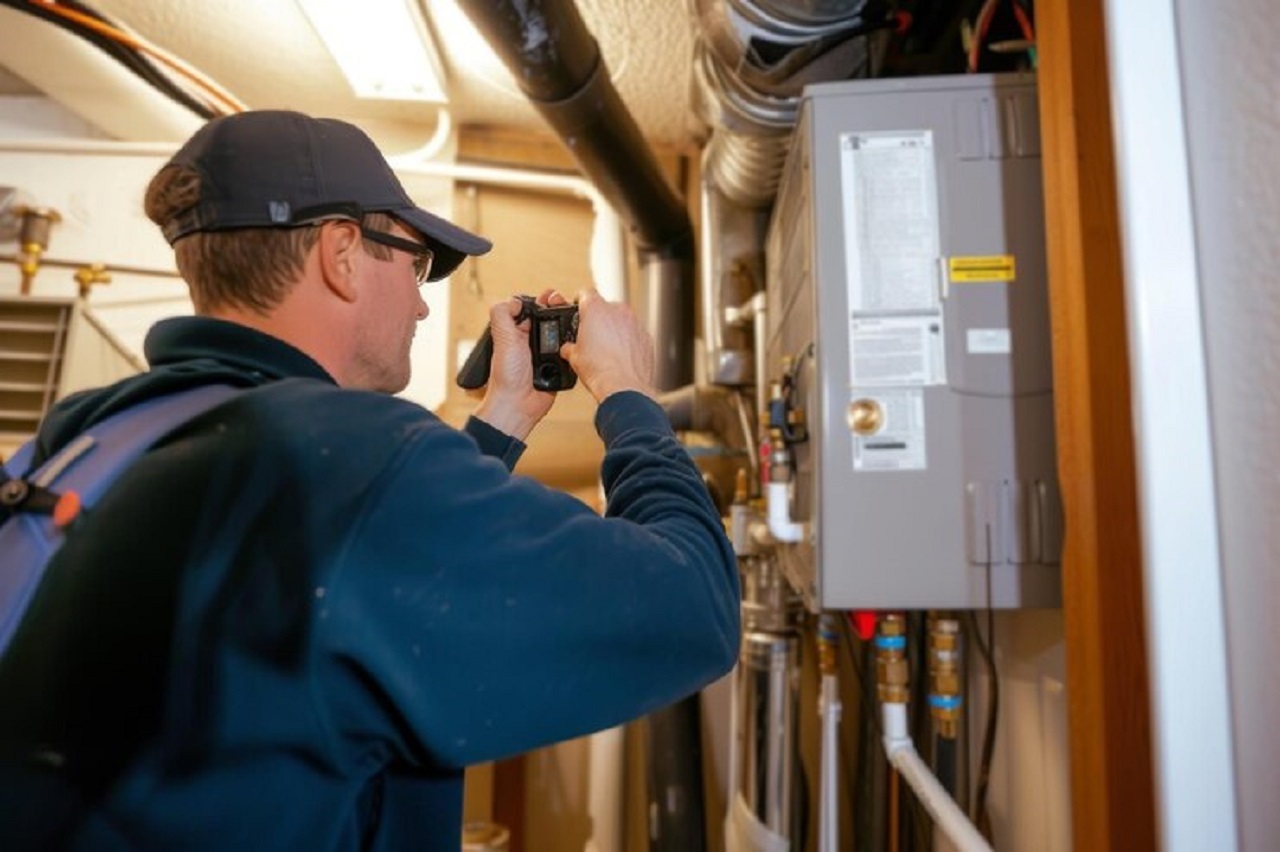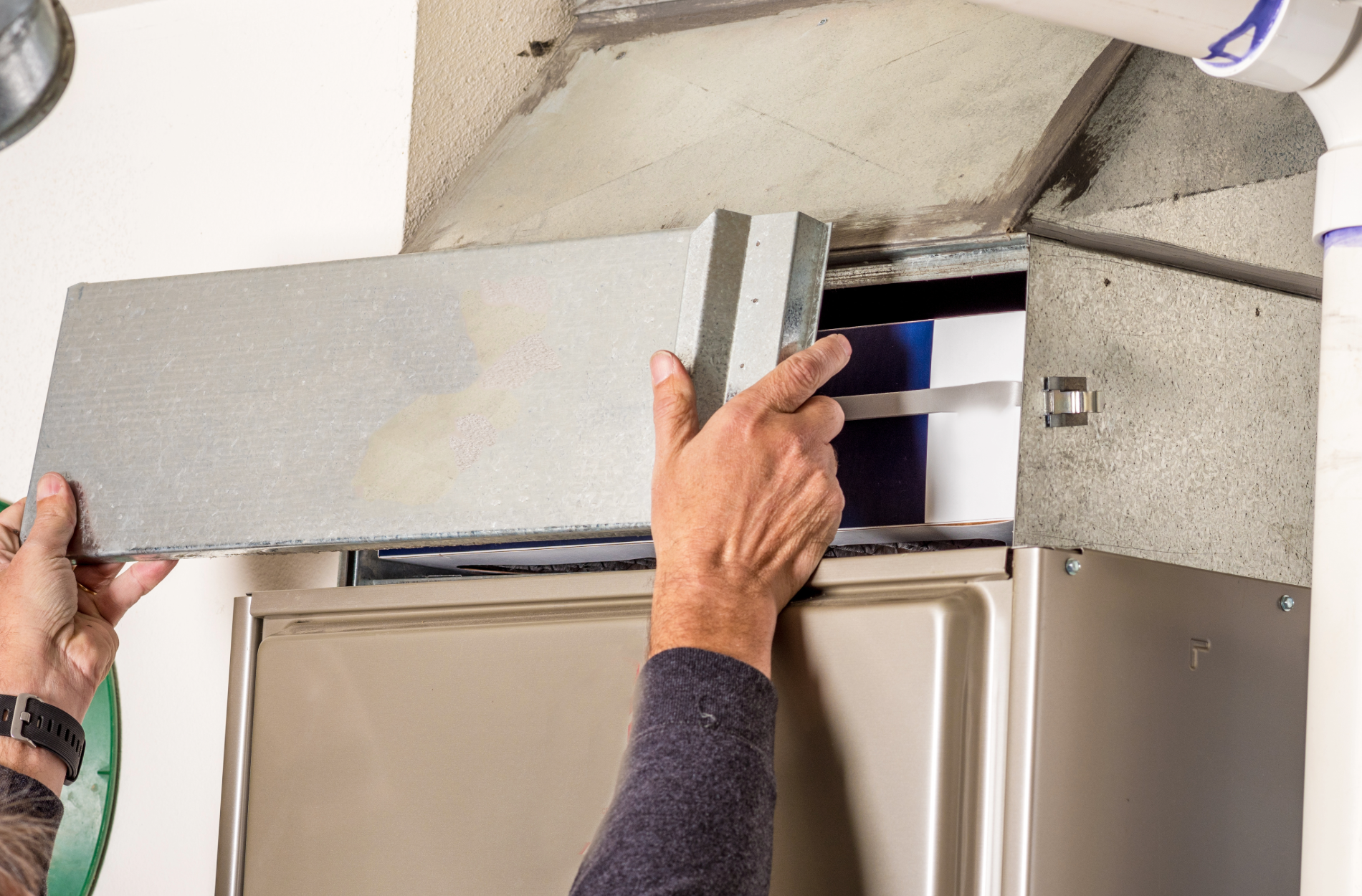During the cold months, the demand for hot water increases significantly. Water heaters are worked harder and longer to keep up with this demand. Over time, this can lead to various problems that require immediate attention. Knowing the common reasons for water heater repair can help you maintain comfort and prevent unexpected breakdowns.
Common Signs Your Water Heater Needs Repair
Recognizing the signs that your water heater needs repair can prevent bigger issues down the line. Here are some common indicators:
- Lack of Hot Water: If your water heater is not providing enough hot water, it could be a sign of a failing heating element or a buildup of sediment in the tank.
- Discolored Water: Rusty or murky water coming from your taps can indicate corrosion inside the water heater tank. This requires immediate attention to prevent leaks.
- Strange Noises: Banging, popping, or rumbling sounds from the unit often signal sediment buildup. This sediment accumulates and hardens, causing the unit to work less efficiently.
- Inconsistent Water Temperature: If the water temperature fluctuates unexpectedly, it could be due to a malfunctioning thermostat or heating element.
- Leaks: Moisture around the water heater or visible leaks are clear signs of trouble. Leaks can escalate quickly and cause significant water damage if not addressed promptly.
Importance of Timely Water Heater Repair in Winter
Timely water heater repair during winter ensures a continuous supply of hot water, which is crucial for comfort and safety. During cold months, the demand for hot water increases for heating, bathing, and household chores.
Delaying repairs can exacerbate existing problems, leading to complete system failures when you need hot water the most. For instance, a minor leak that goes unattended can turn into a major flood, causing water damage and higher repair costs.
Prompt repairs by our professionals can also improve the energy efficiency of your water heater. A well-maintained unit uses less energy to heat water, reducing your utility bills. Additionally, regular maintenance helps identify and fix small issues before they grow into costly repairs.
Issues with Pilot Light and Thermocouple
Problems with the pilot light and thermocouple are common and often disrupt the functionality of gas water heaters.
- Pilot Light: If the pilot light keeps going out, it can prevent the water heater from operating altogether. The issues could be due to a faulty thermocouple, which is the safety device that senses whether the pilot light is on and permits gas flow to the burner.
- Thermocouple: A malfunctioning thermocouple might fail to detect the pilot light, cutting off the gas supply and causing the light to go out. Dust or dirt on the thermocouple, a loose connection, or a broken thermocouple can all contribute to this issue.
Routine inspection and maintenance by our professionals can identify problems with the pilot light and thermocouple early on. They can clean, adjust, or replace these components to restore your water heater to optimal performance.
Faulty Heating Elements or Thermostats
Electric water heaters rely on heating elements and thermostats to heat water. Faulty components can lead to several issues.
- Heating Elements: These elements can wear out over time or become coated with sediment. When this happens, the water heater may not produce enough hot water or may fail completely.
- Thermostats: Each electric water heater has two thermostats, one for the upper element and one for the lower. If either thermostat malfunctions, it can result in insufficient hot water, overheating, or unpredictable temperature fluctuations.
Signs of faulty heating elements or thermostats include cold water, lukewarm water, or scalding hot water. Our professionals can test these components to diagnose the issue and perform necessary repairs or replacements, ensuring your water heater works efficiently.
Sediment Buildup in the Tank
Sediment buildup is a common issue that affects the efficiency of water heaters. Over time, minerals from hard water settle at the bottom of the tank, forming a layer of sediment. This buildup can lead to several problems:
- Reduced Efficiency: The sediment acts as an insulator, making it harder for the heating element to warm the water. This forces the unit to work harder and use more energy, leading to higher utility bills.
- Clogged Valves: Sediment can clog the pressure relief valve and drain valve, causing the water heater to function improperly or even create safety hazards.
- Shortened Lifespan: Persistent sediment buildup can corrode the tank from within, reducing the lifespan of the water heater.
Flushing the tank regularly can help remove sediment. However, if the problem persists, it’s best to call our professionals to assess the situation and recommend the appropriate water heater repair or replacement.
Leaking Water Heater: Causes and Solutions
A leaking water heater is a serious issue that requires immediate attention. Leaks can stem from various causes:
- Corroded Tank: Over time, internal corrosion weakens the tank material, leading to leaks. This type of damage often requires a complete water heater replacement.
- Faulty Components: Leaks can also occur due to faulty parts, such as the drain valve or pressure relief valve. Replacing these components can usually resolve the issue.
- Poor Installation: Improper installation can result in loose connections or poor sealing, which can cause leaks. Ensuring that the water heater is installed correctly by our professionals can prevent this problem.
- Excessive Pressure: High water pressure can cause the tank to leak. Installing a pressure-reducing valve can help manage the pressure and prevent future leaks.
If you notice any signs of leaking, it’s essential to act quickly. Our professionals can diagnose the cause and perform the necessary repairs to prevent further damage.
Temperature Fluctuations and Inconsistent Hot Water
Experiencing inconsistent water temperature can be frustrating, especially during the cold months. Several factors can cause this issue:
- Malfunctioning Thermostat: If the thermostat is broken or improperly calibrated, it can result in an unstable water temperature. Replacing or resetting the thermostat can usually fix this problem.
- Faulty Heating Elements: Electric water heaters rely on heating elements to warm the water. If these elements are damaged or coated in sediment, they may not heat the water consistently.
- Sediment Buildup: As mentioned earlier, sediment can insulate the heating element and reduce its efficiency. Flushing the tank can help restore proper function.
If you’re experiencing temperature fluctuations, it’s best to seek help from our professionals. They can diagnose the issue and recommend the best course of action to ensure a consistent supply of hot water.
Strange Noises Coming from the Unit
Strange noises coming from your water heater are often an indication that something is wrong. Common sounds include:
- Popping and Banging: These noises are typically caused by sediment buildup at the bottom of the tank. As water is heated, it traps steam bubbles under the sediment, leading to a popping or banging sound.
- Sizzling and Hissing: These sounds can occur if there is a leak in the tank causing water to drip onto the heating element. Immediate attention is required to prevent further damage.
- Crackling: This noise is generally associated with electric water heaters. It occurs when a layer of sediment covers the heating element, causing water to bubble as it tries to heat through the sediment layer.
Addressing these noises promptly can prevent larger issues down the line. Our professionals can inspect your unit, identify the source of the sound, and perform the necessary repairs to restore your water heater to optimal condition.
Impact of Cold Weather on Water Heaters
Cold weather can significantly impact the operation and efficiency of water heaters. Understanding these effects helps you take proactive steps to maintain your system.
Temperature Drops:
- Increased Demand: Cold weather increases the demand for hot water, making it harder for your water heater to keep up.
- Longer Heating Times: Lower temperatures cause the water entering the tank to be colder, requiring more energy and time to heat up.
Common Cold Weather Issues:
- Frozen Pipes: Extremely low temperatures can cause the water pipes connected to your heater to freeze, leading to blockages or burst pipes.
- Reduced Efficiency: Cold weather forces your water heater to work harder, which can reduce its efficiency and increase wear and tear.
Preventive Measures:
- Insulate Pipes: Insulating water pipes helps prevent freezing and maintains consistent water flow.
- Regular Maintenance: Routine checks and maintenance ensure that your water heater remains efficient and can handle increased demand during cold weather.
Understanding how cold weather affects your water heater allows you to take necessary precautions and avoid potential issues.
DIY Fixes vs. Professional Repair: When to Call for Help
Deciding whether to handle water heater repairs yourself or call a professional can save time and prevent damage. Knowing when to call for professional help is crucial to maintaining a safe and efficient system.
Simple DIY Fixes:
- Resetting the System: Sometimes, resetting the thermostat or breaker can resolve minor issues.
- Flushing the Tank: If you’re comfortable, flushing the water heater tank helps remove sediment buildup and improves efficiency.
When to Call a Professional:
- Persistent Problems: If issues persist after simple DIY fixes, a professional inspection and repair are needed.
- Complex Repairs: Any repair involving gas lines, electrical components, or significant internal parts should be handled by our professionals.
Benefits of Professional Repair:
- Expert Diagnosis: Our professionals can accurately diagnose and fix complex issues, ensuring the problem is fully resolved.
- Safety Assurance: Professional repairs ensure that all work is done safely and to code, reducing the risk of accidents or further damage.
Benefits of Regular Maintenance During Cold Months
Regular maintenance during the cold months ensures that your water heater operates efficiently and reliably when you need it most. Taking proactive steps helps avoid winter-related issues and extends the system’s lifespan.
Enhanced Performance:
- Optimal Efficiency: Regular maintenance ensures that your water heater runs at peak efficiency, saving energy and lowering utility bills.
- Consistent Hot Water: Well-maintained systems provide a consistent hot water supply, even during high-demand periods in winter.
Preventive Maintenance Tasks:
- System Inspection: Checking for any signs of wear, corrosion, or potential issues helps address them before they cause problems.
- Component Cleaning: Cleaning essential components, such as the burner and heat exchanger, keeps the system running smoothly.
Extended System Life:
- Reduced Wear and Tear: Regular maintenance minimizes wear and tear, extending the lifespan of your water heater.
- Fewer Breakdowns: Preventive care reduces the likelihood of unexpected breakdowns, ensuring reliable performance throughout the winter.
Choosing the Right Professionals for Water Heater Repair
Choosing the right professionals for water heater repair ensures you receive high-quality service and long-lasting results. Here are factors to consider when selecting a repair service.
Experience and Expertise:
- Qualified Technicians: Ensure the service employs qualified technicians with experience in water heater repair.
- Continuous Training: Choose professionals who receive ongoing training to stay updated with the latest repair techniques and technologies.
Service Quality:
- Comprehensive Diagnosis: The professionals should conduct a thorough diagnosis to identify all issues accurately.
- Quality Parts: Ensure they use high-quality replacement parts for repairs, ensuring durability and reliability.
Customer Service:
- Transparent Pricing: Look for services that offer transparent pricing with no hidden fees.
- Customer Support: Choose a company with excellent customer support, available to answer questions and provide assistance as needed.
Reputation and Reviews:
- Positive Reviews: Check online reviews and testimonials to gauge the quality of the service.
- Word of Mouth: Ask for recommendations from friends or family who have had positive experiences with local repair services.
Conclusion
Water heater repair is essential for maintaining a functional and efficient system, especially during the cold months. Understanding the impact of cold weather, knowing when to call professionals versus attempting DIY fixes, and recognizing the benefits of regular maintenance help ensure your water heater remains reliable. Choosing the right professionals for repair is crucial to receiving high-quality service and long-lasting results.
Ready to keep your water heater in top condition? Contact EnviroSafe Plumbing, Heating, Air Conditioning, Water Treatment today! Let our professionals handle all your water heater repair needs. Call us now to schedule your service appointment!









